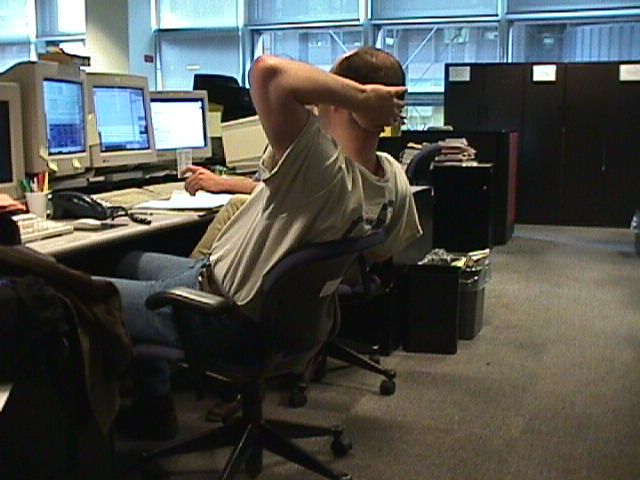Having an injury does affect every one of us. We are not only talking about the pain it brings – we are especially talking about the impact our injury can bring us in the future. This depends on the type and severity of the injury (or illness) you got. A fractured arm is certainly worse than a broken (not cut) finger, but cancer is way worse than both of them.

But we are not only talking about injury in itself. We are also talking about finances (does the injury stop you from doing your job?), hobbies (does the injury also affected your hobbies, especially sports and other activities that require physical effort?) and family (how does your family cope with your injury?)
With these in mind, we are going to talk about how to cope with life after suffering a work-related injury. And although we mainly discuss from a legal perspective, this time, we will go beyond that.
Claiming Your Workers’ Compensation Benefits
If you suffered from a work-related injury, you are almost always eligible to claim for worker’s compensation benefits. To know if you’re eligible, check and see if you pass on one of these (most likely, you do!):
- You must be classified as an “employee”. If you work as a freelancer, then you are probably not eligible for workers’ comp.
- Your employer must have workers’ compensation insurance. Most employers usually have one, and most states usually require employers to acquire a workers’ comp insurance.
- Your injury or illness is work-related.
- You filed for a workers’ comp claim within your state’s deadline. Be sure to file on the allotted deadline, otherwise your claim would be void.
Now, what can you get from a workers’ comp benefits? Here are just some of the following:
- Medical treatment – you are entitled to be given necessary medical treatment by your employer. However, advanced treatments are usually not covered, but if you need a prolonged care, your employer should help you in that.
- Payment for lost wages – If you cannot go to work after your injury, your employer should pay some of your lost wages.
- Vocational training – if your injury caused you to be incapable of working on your original job, then your employer should help you acquire a new skill and work on another job or task.
Having a good workers’ compensation lawyer is crucial here. He/she must be client-oriented (meaning, he/she cares about your interests), have relevant skills and can stand up to your employer and their insurance company.
If you live in Los Angeles, California, you should check our LG Law Firm. We work with only the best lawyers who can meet the standards we set for them!
Lastly, workers’ compensation is still applicable even if you got the injury after you retired from your job. For example, if you are a manual laborer and got a Carpal Tunnel Syndrome only after retirement, you are still eligible for workers’ compensation.
Life after Work-Related Injury
Inasmuch as it pains to have a work-related injury (or your loved one suffering from such), life must still go on. A work-related injury is certainly not the end of one’s life.
What matters is love and relationship rules in the family. And usually, unless you really suffered from your injury, you can still go back to work again and earn your income. You can change jobs if you cannot work on your original work anymore.
But the best thing we can do? We should always be careful when performing our tasks. This is true whether you work in manual labor or at the office. And always take care of your health – nothing can compensate you than actually being healthy!
 Gearfuse Technology, Science, Culture & More
Gearfuse Technology, Science, Culture & More


